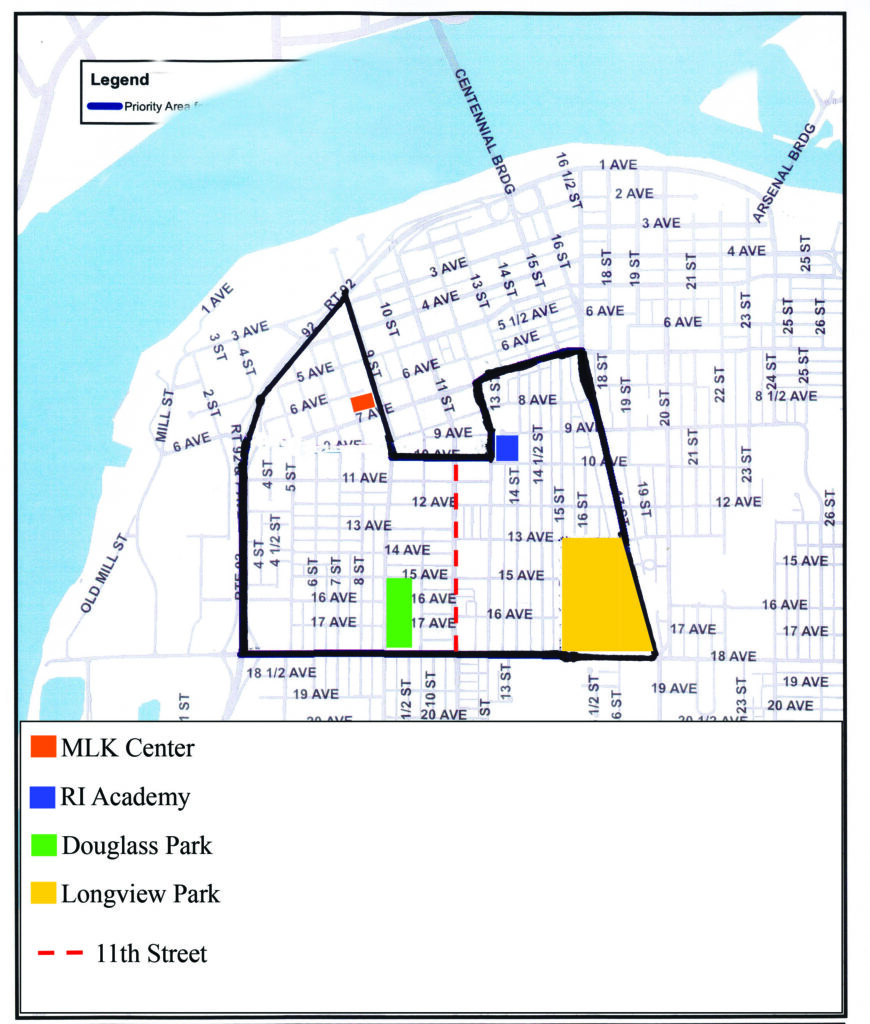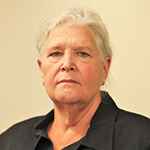Valley Construction digs into its second century
Jennifer DeWitt

This story is part of the QCBJ’s Newsmakers edition. This year-end wrap-up from the staff of the Quad Cities Regional Business Journal includes some of the biggest stories we brought you in 2023. It’s also a tradition by our parent company, Corridor Media Group, based in North Liberty, Iowa.
This story was originally published in April 2023.
For years studies and plans have…

Get immediate, unlimited access to all subscriber content and much more.
Learn more in our subscriber FAQ.
Do you want to read and share this article without a paywall?
